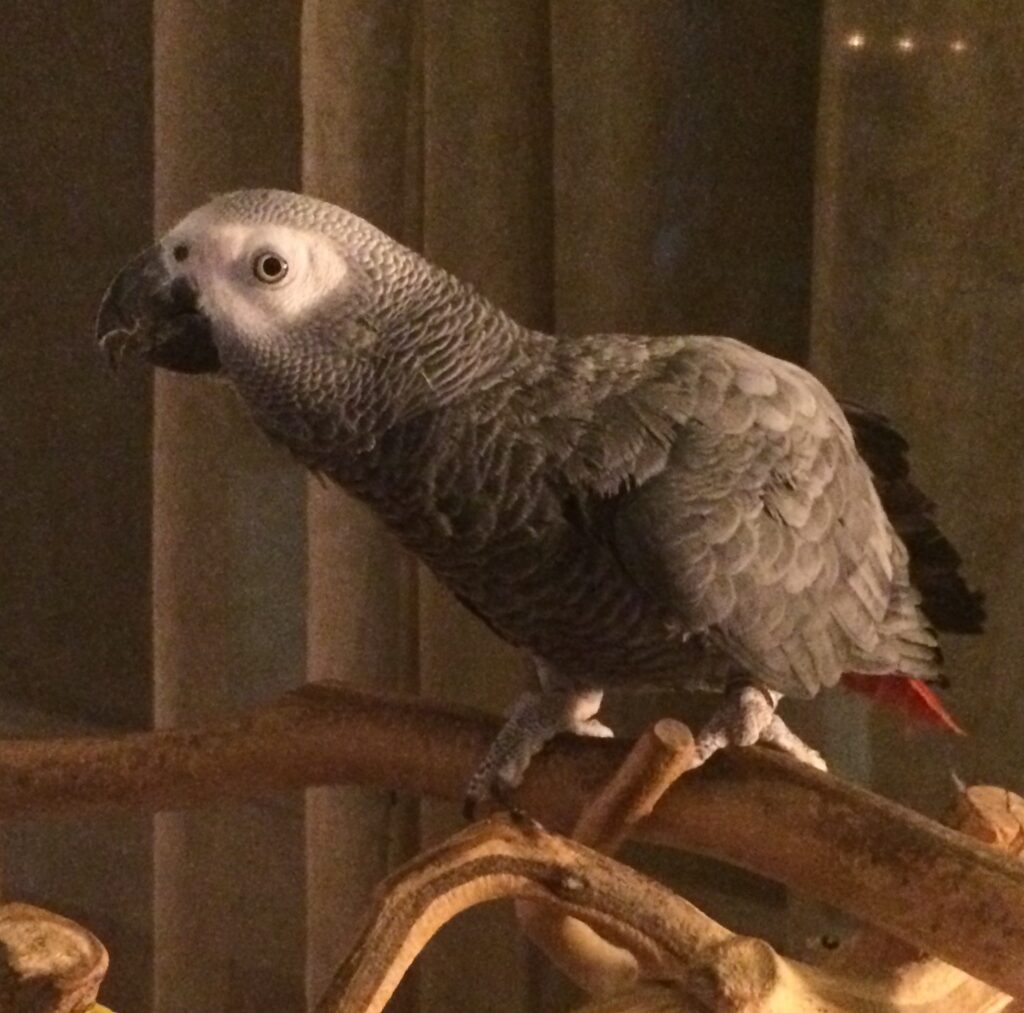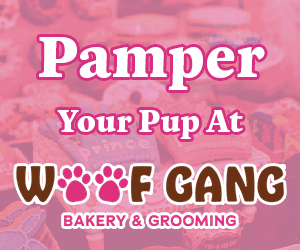Every pet parent understands that in order to provide the highest quality of health for our pet we must feed a nutrient dense diet. In a past article ( JAN/FEB 2018 Vol.6 Issue 3 ), I touched base on the importance of providing nutrient dense fruits and vegetables in your parrot’s diet. I also mentioned how introducing nutritional supplements into the diet is just as important as providing quality foods. However, as discussed, the absorption levels of synthetic vitamin supplementation is significantly less when compared to metabolizing nutrients naturally. In this article, I will introduce you to a few nutritional supplements that I have utilized as part of an avian diet for many years. Many of these natural supplements have been labeled “SUPER FOODS” for their nutrient dense properties.
BEE POLLEN :
This nutrient dense supplement is produced by honey bees to nourish their young. It is labeled a “Super Food” because it contains almost all essential vital nutrients which includes Folic Acid, B Complex vitamins,protein and Amino Acids. As mentioned in my past article, animal-based proteins should not be offered to pet parrots because of saturated fats. These saturated fats have been found to cause atherosclerosis (plaque build up in arteries) to many species of pet birds. However, Bee Pollen is an excellent source of plant-based protein that is easily absorbed by birds. This supplement also possesses anti-fungal and anti-microbial properties. And can also boost the immune system. If you refer back to my nutrition article, you will be reminded that one of the most important vitamins that is not found in an all-seed diet is Vitamin A. Feeding an all-seed diet to birds increases the chances of blindness. Therefore, along with feeding a varied diet of nutrient dense foods ; Vitamin A supplementation is essential in maintaining healthy vision in pet birds. Bee Pollen is a good source of Vitamin A that is easily metabolized by our parrots.
I first learned the health benefits of feeding Bee Pollen when I bred parrotlets. Many breeders of these little birds report measurable improvements in plumage, vitality, and fertility when introducing this supplement to their “Pocket Parrots.” After seeing the dramatic results with my own eyes, I decided to offer Bee Pollen as a part of all my parrot diets. That was almost ten years ago. Since offering Bee Pollen to my parrots, I have had few issues with respiratory and yeast infections . Plumage is bright and smooth. And my birds seem to have a twinkle in their eyes. Bee Pollen is truly a “SUPERFOOD.”
WHEAT GERM:
Wheat Germ is the extracted embryos from grains of wheat which are responsible for wheat production. It is an excellent source of plant-based protein, vitamin E, Folic Acid , Selenium and Zinc. Vitamin E, Selenium and Zinc aid with circulation and boost the immune system. This natural supplement also contains B Complex vitamins that aid in absorption of all vitamins. Folate , which is present in this Super Food; assists in the breakdown of proteins. Wheat Germ is best introduced by sprinkling over fresh fruits and vegetables. Fed in it’s raw form, Wheat Germ is easily metabolized in the avian diet. I have been feeding Wheat Germ to my birds for years. In the past , when I was breeding various species of parrots; I found that Wheat Germ increased vitality and fertility in my parent birds. And the plant-based proteins found in this food increase the nutrient levels of crop milk fed by the parent birds to their chicks.
SUPPLEMENTS FOR THE AGING PARROT:
Just as our joints feel the stress of aging, so do our parrot’s. Over the years, I have met numerous pet parents struggling to find answers to assist their aging parrot that is showing signs of joint stress and lack of mobility. My first suggestion is to try to keep your pet as active as possible. “A body in motion stays in motion.” As for diet, I recommend adding some of these spices and herbs with healing properties to your parrot’s menu. Please be advised that these spices and herbs are not meant to take the place of any prescribed medications recommended by your Avian Veterinarian. They are to be used in conjunction with your Veterinarian’s prescriptions.
Turmeric, Ginger, Cayenne,Cinnamon,Clove,Sage and Rosemary are a group of spices and herbs with anti-inflammatory properties. They are also anti-microbial. These spices and herbs can be sprinkled on fresh fruits and vegetables. And some can also be baked into your bird’s favorite treats such as Birdie Bread. Along with anti-inflammatory qualities, many of these spices and herbs aid in the circulatory system and can also support healthy liver function.
Please be advise that Turmeric should not be fed to your pet birds while they are moulting due to anti-coagulant properties.
I will use my personal experience as an example of offering these spices and herbs in an avian diet. A few years ago, I met a Congo African Grey parrot named Meiko. He was struggling to perch and walk due to the loss of two toes on his left foot. I was asked if I would consider adopting him because the people entrusted with his care felt that I may be able to rehabilitate this loving Grey. The first few months were difficult. Meiko could only stabilize on a ¼ inch diameter perch. And quite often, he would fall off his perch. In order to walk, Meiko compensated by using his beak (almost like a cane) in order to navigate through his day. I began offering these anti-inflammatory spices and herbs to his diet. I also encouraged instinctive foraging behavior to promote exercise and mobility. Over time, I started to introduce various sizes of perches. Encouraging him to step onto these perches and hold for as long as he could while I was his “spotter.” By adding these spices and herbs, along with encouraging physical action, I am happy to say that Meiko is now able to tear through my house just like any other parrot in the flock. Recently, he was able to perch on a Dragon Wood play gym for the very first time! I truly believe that the supplements that were added to his diet decreased his discomfort and increased his mobility. I can’t help but imagine Meiko’s quality of life if these supplements and Super Foods had not been a part of his healing diet.
Just as many foods have healing properties for the human diet, these same foods can be introduced to our pet birds to ensure a quality and long-lived life. By using instinctive foraging behaviors, many of these foods can be introduced into your parrot’s diet. This is not just a concept. I have seen first-hand the healing properties of these foods. They say that “We are what we eat.” Shouldn’t that also apply to our pets? We are the stewards in regard to the care of our pets. And a large portion of that stewardship is providing quality of life to the animals we love. Doesn’t make sense to utilize foods produced by Mother Nature to maintain the health of our companion birds?



